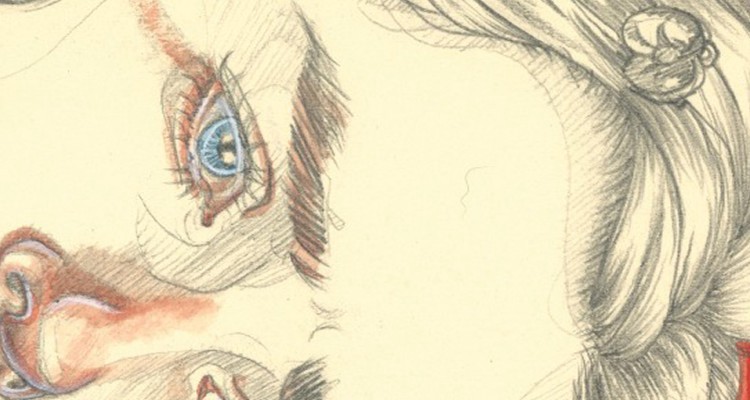Books & Culture
REVIEW: No Other by Mark Gluth

Mark Gluth’s No Other details a family’s downfall. Irreparably split by its patriarch’s suicide early in the novel, the family attempts to cleave together, but these misunderstood characters never quite learn each other’s motivations.
This is surely a dysfunctional family: Karen, the mother is a drunk. Tuesday, her oldest daughter, finds her father dead after he commits suicide. Hague, their son, observes his damaged family and berates himself for not knowing how help or to fix it. When Karen falls and Hague gets hurt, we see Karen’s selfishness:
Something slipped and she was back on her back. His balance was off and he fell forward. It was his brow that hit the coffee table’s edge. He heard it as it happened. Karen yelped. He was kneeling, reeling. He touched his head where it hurt. His skin peeled back. Something stuck to his brow. Her voice was this dull him beneath the ringing in his ears. What she said was that she was worried that she had really hurt herself.
Karen has been dealt a bad hand, but she is mean to her children. Hague internalizes the family’s lot. “Karen slapped Tuesday.” Gluth tells us. “She thought it was reasonable though she’d forgotten the reason. It was how drunk she was.” So it goes for most of the book, but a few revelations in the second half show us that we can’t take any of the character’s actions at face value. There is more to Karen than her role as the nasty drunk or the bad mother. Gluth’s strengths as a writer elevate this story above being a simple tale about how a family falls apart.
Gluth’s direct and declarative writing style gives No Other a stream-of-consciousness touch despite its constantly shifting third person point of view. The first part of the book is told from the perspective of Hague.
He poured some dog food into a bowl. He walked outside and set it down. The sky was a screen. It was all faded spray from the sun. He walked inside, flicked the knob on the TV. It was static. He stood in the kitchen and opened the fridge then the cupboard. The stove smelled like it was burning while he made macaroni and cheese. He dumped ketchup in a mound on his plate. He walked around the house. When he got into the static it was because he didn’t hear it until he forced himself to. He thought that meant that it was everywhere. It awed him.
Gluth’s narration allows us to understand how it is that his family misreads Hague. As well, the piling-on of these simple sentences also provides opportunities for striking, poetic observations. Often a sentence describing setting or character action is followed up with an explanation: “The sun hit the bleachers but he couldn’t feel it. It was the air.” Though these almost child-like statements aren’t meant to function as anything symbolic, their collective effect shows us that these characters create meaning out of the observable. Their lack of concern for metaphor is, itself, revealing.
No Other is structured in such a way that important facts come too late and often to the reader, rather than the characters who need the facts the most. This is the tragedy of No Other: Gluth uses the element of time to downplay major plot points. This echoes the way his novel works on a sentence level; he downplays his subjects using understatement. About midway into the book we switch from Hague to Tuesday, and learn, simply, “When Tuesday was alone she turned on the furnace and all the lights. On Christmas she just slept because she didn’t have to work. When she woke up it’d been a year…” Another tragedy had befallen the family. Tuesday, by then also self-destructive and repeating her mother’s behaviors that drove her away, is powerless against the tragedy her family has piled on.
This is a beautiful novel on a sentence level, and certainly a book for anyone who likes fiction without overdone narration or forced metaphor. The candor of Gluth’s narrative style makes for many striking passages. “Her thoughts were images strung from moods,” he says at one point, and later, “She said It will only be a couple of days. She said she loved her. After she hugged her Tuesday was emptied of everything except anxiety.” In No Other, Gluth shows us that the world doesn’t need to be forced into literary form to have meaning. His aim is to have us watch the family split along the hairline cracks forming between each bond. Once it begins, there is no stopping their undoing and watching it happen is sad. But the beauty of Gluth’s prose offers many opportunities for pause. He finds beauty in simple observations, often in the gaps between things. “The door opened,” he says. “It let in people and light.”
To purchase No Other, click here to be directed to Sator Press’s site.









